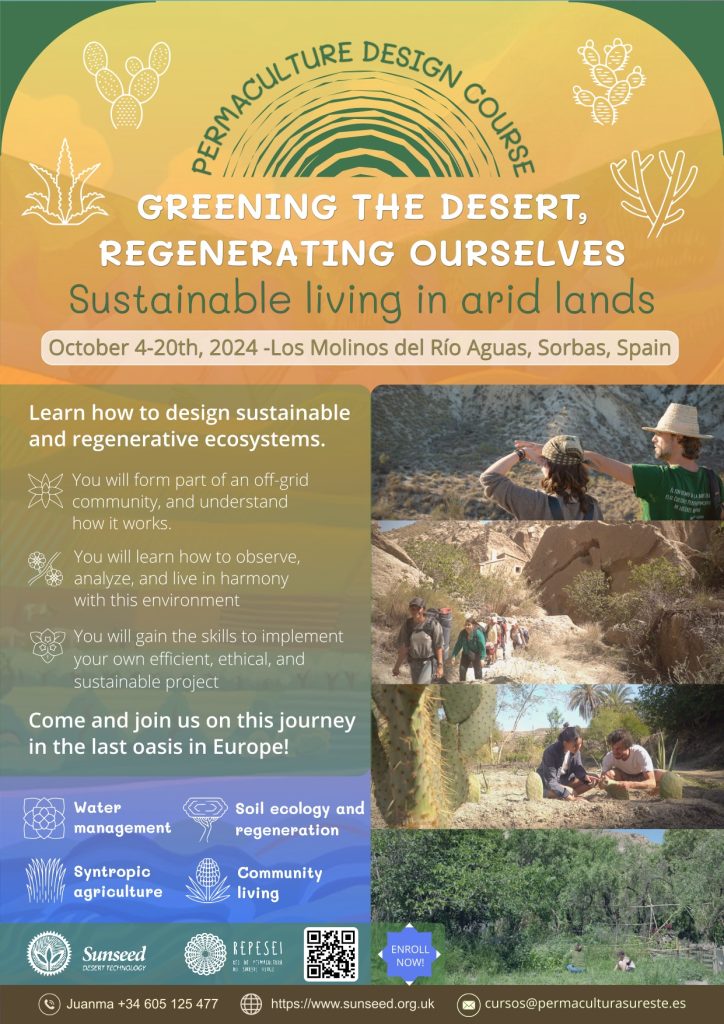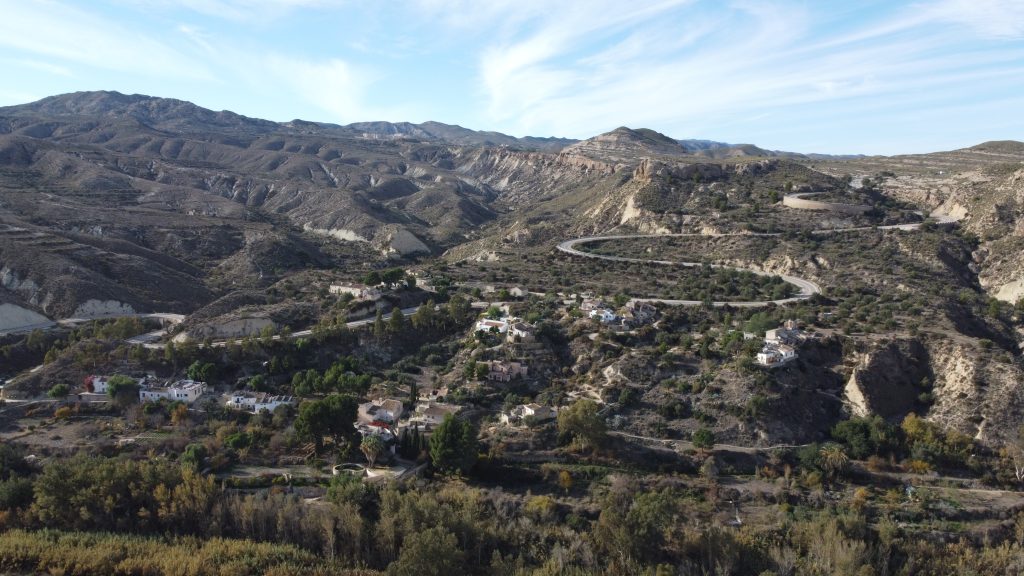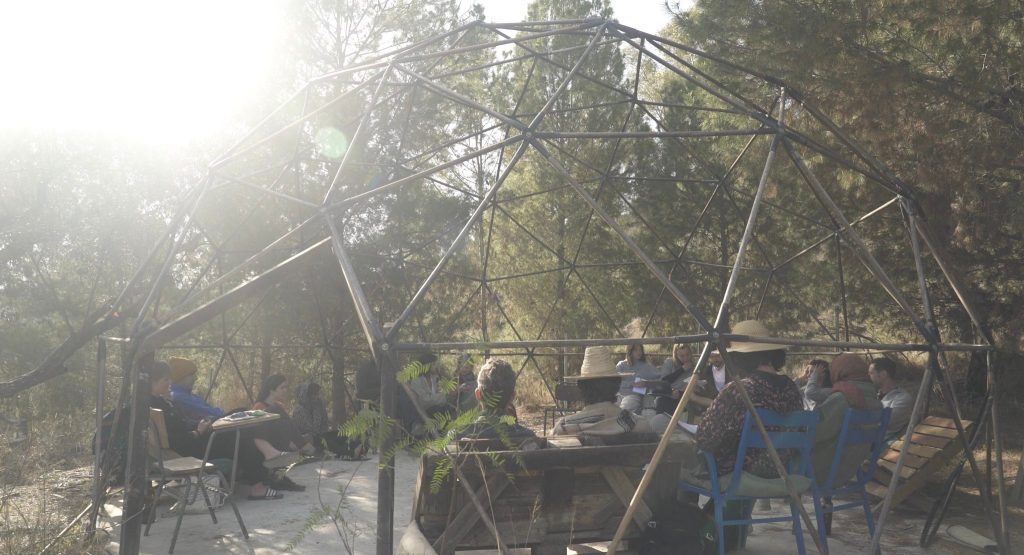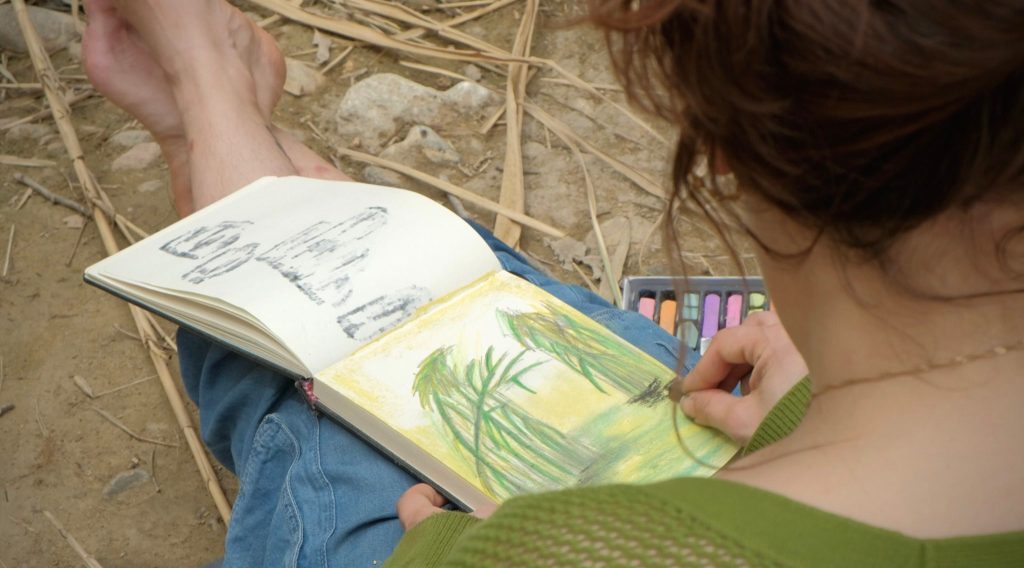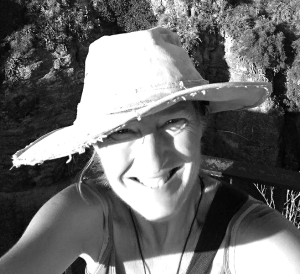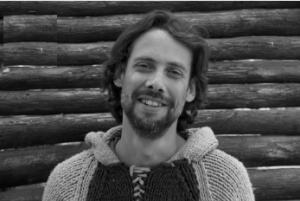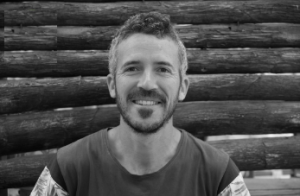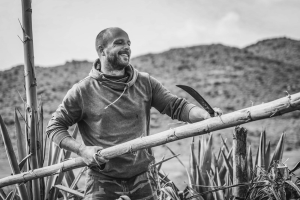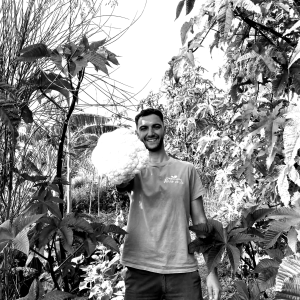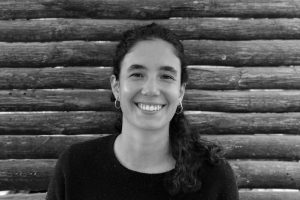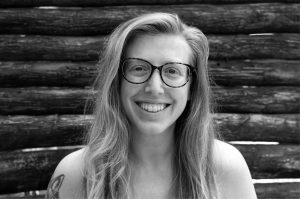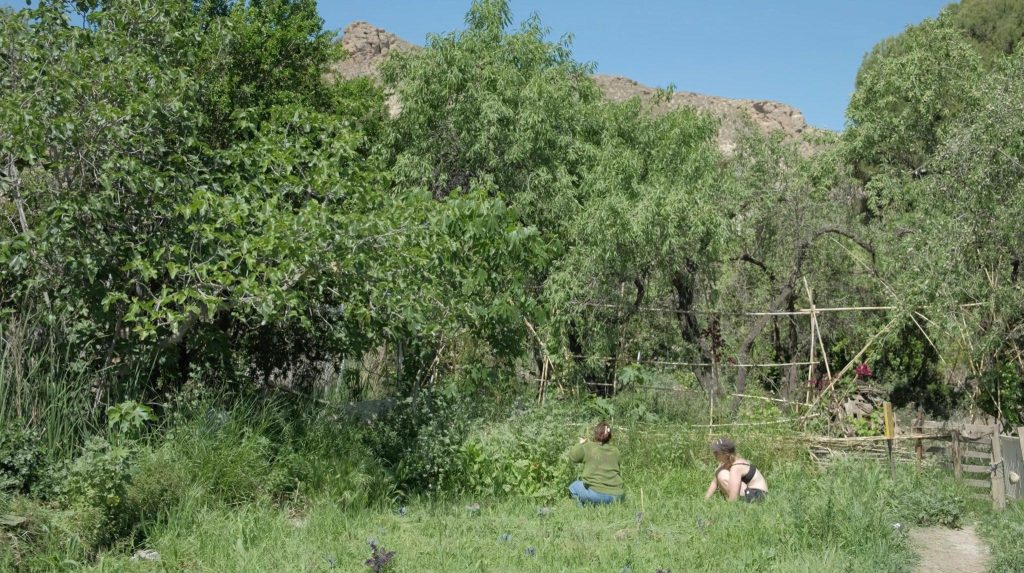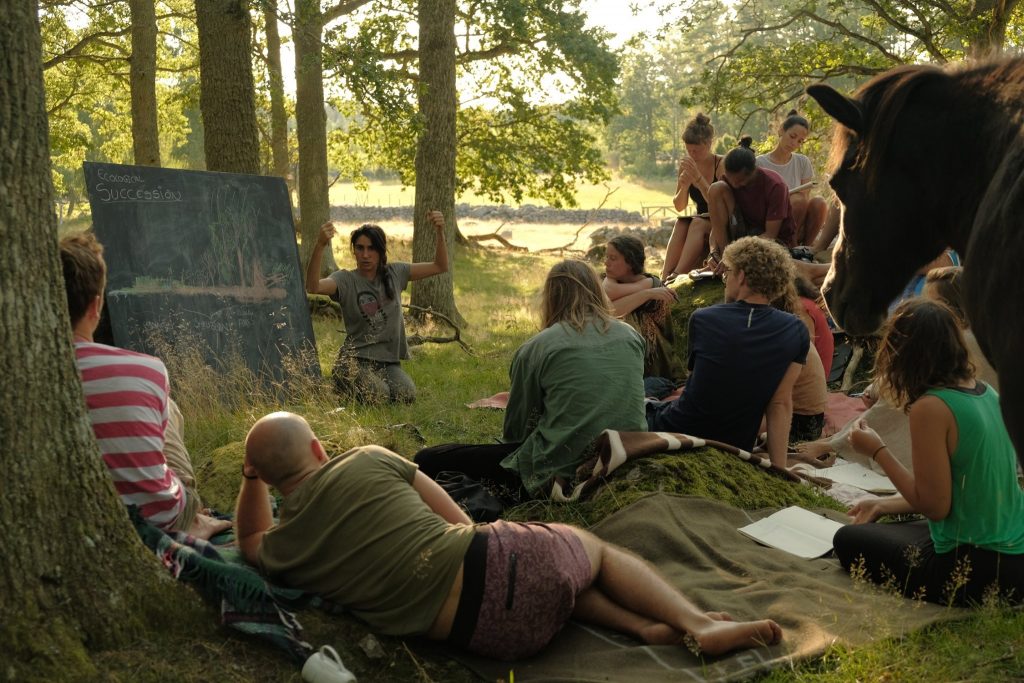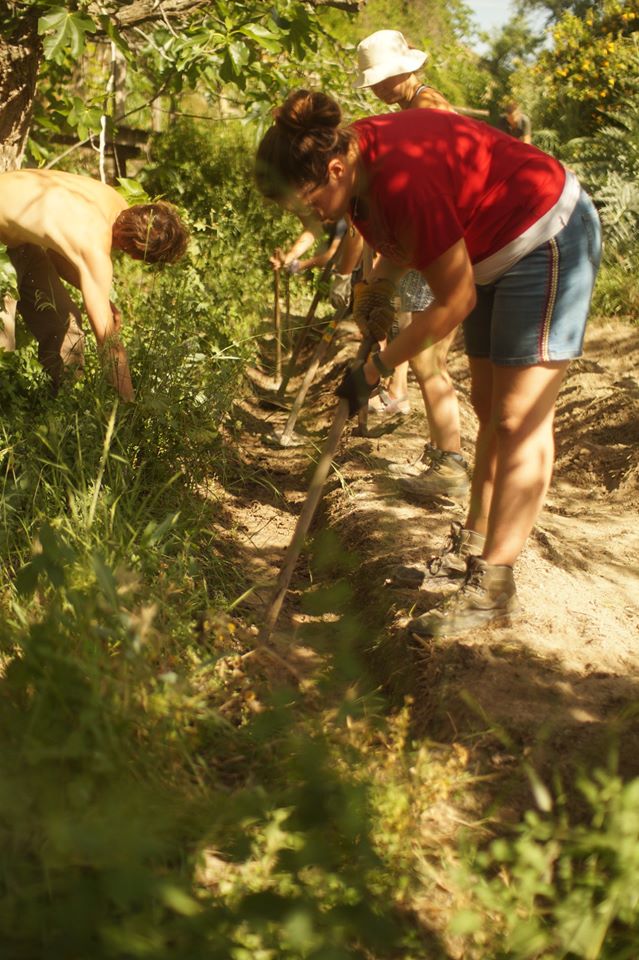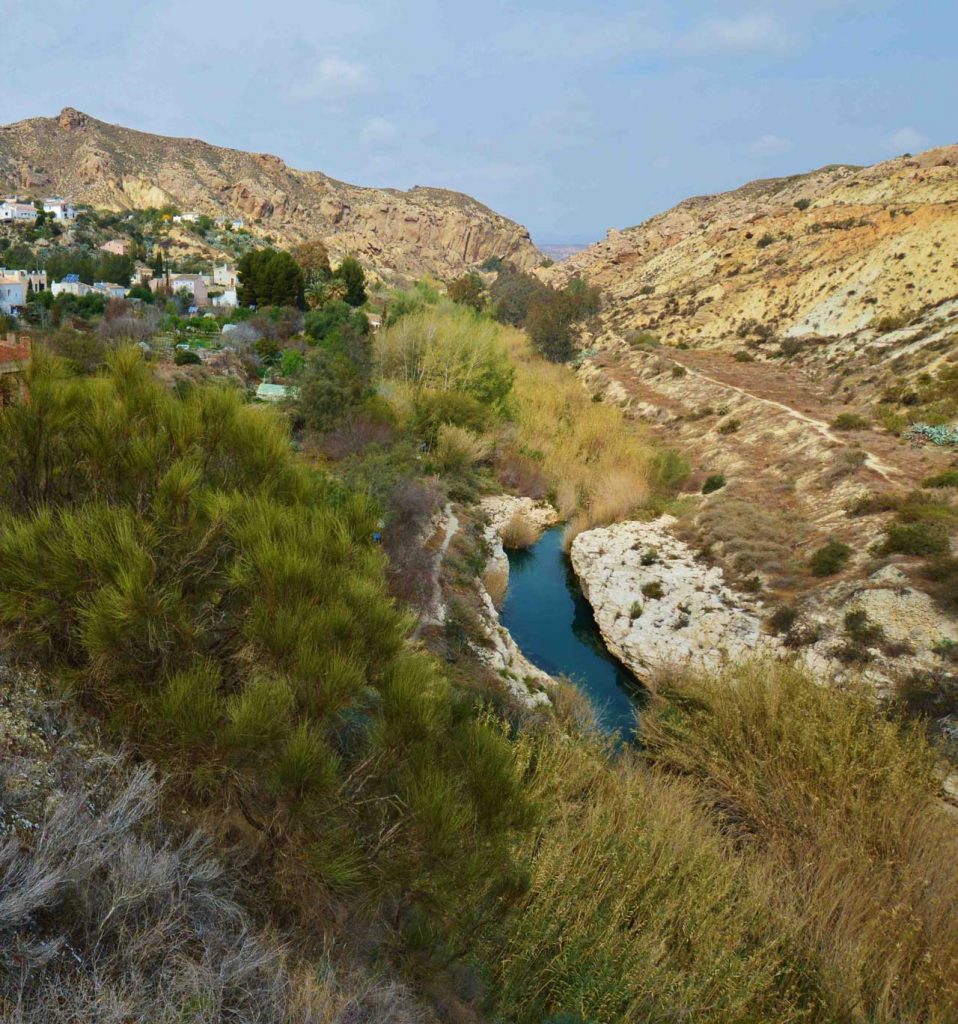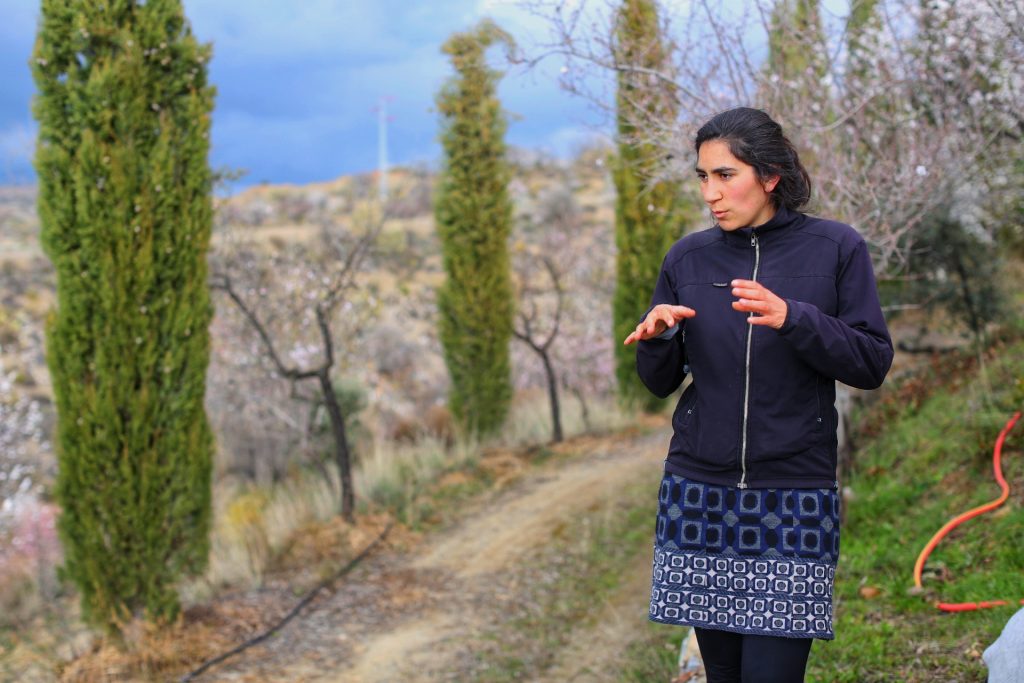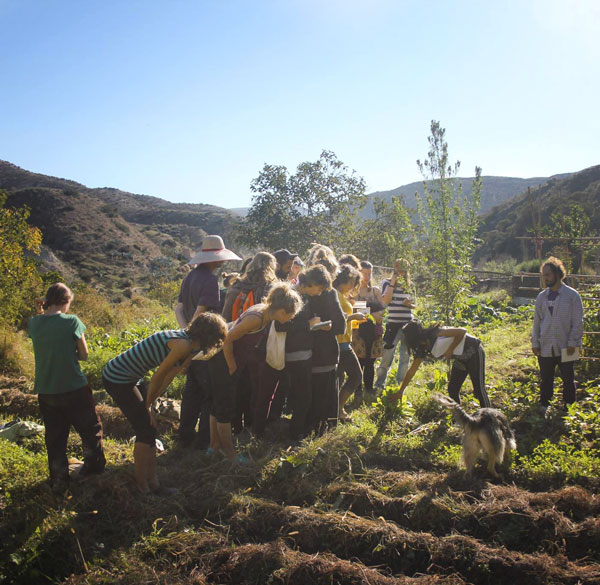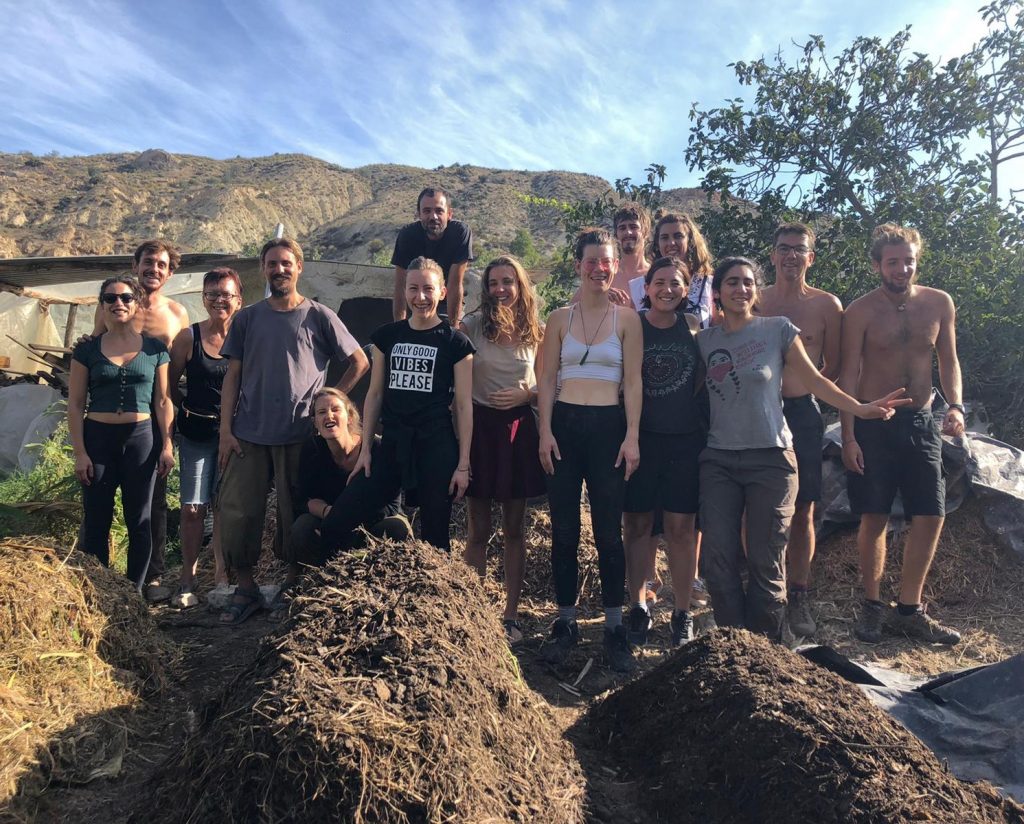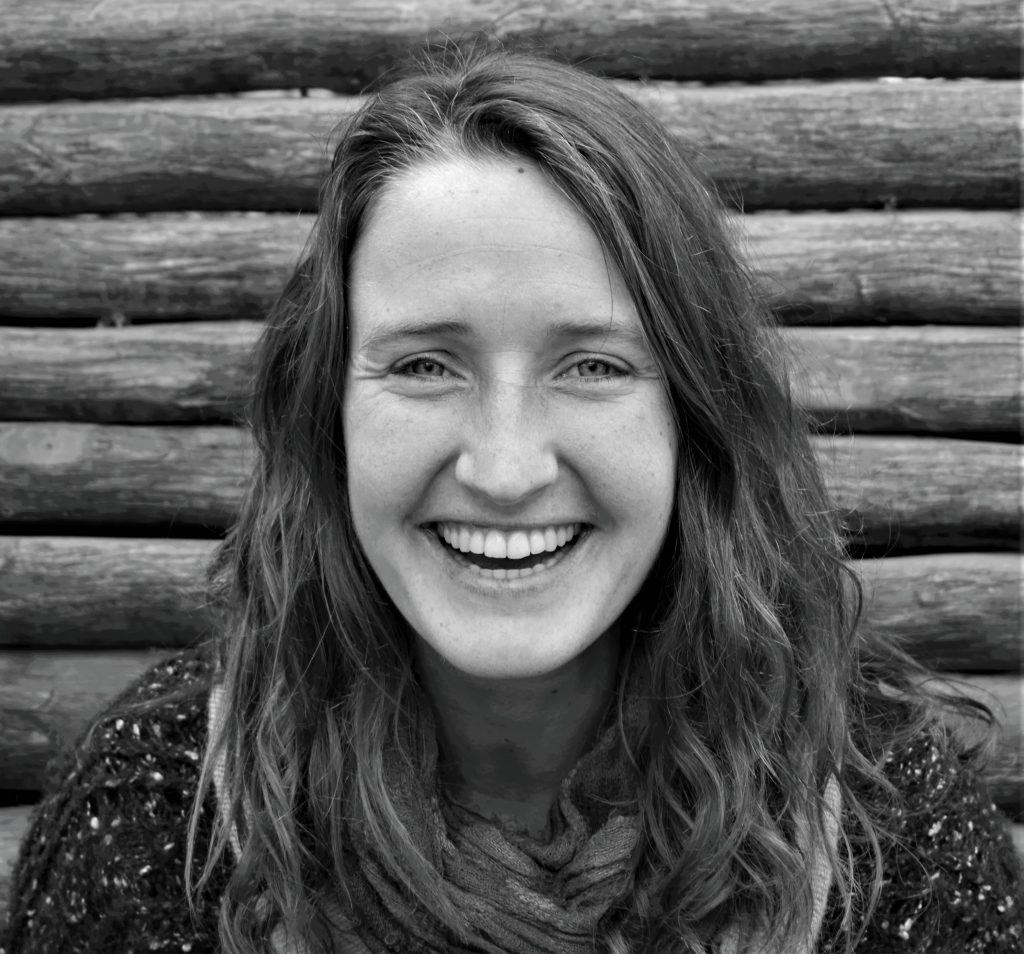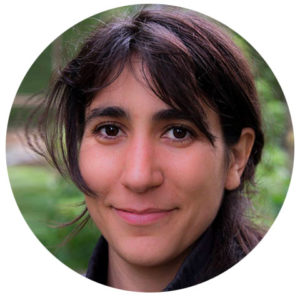Courses and Events, Sunseed News
What if the stories we tell could shape a more sustainable future?
From the 19th to the 23rd of February, the Storytelling for Change activity took place at Sunseed Desert Technology as part of the Community Café project, a Youth Participation Activity funded by Erasmus+. Over an unforgettable week, 20 participants engaged in hands-on experiences in sustainable living, eco-friendly practices, and the power of storytelling to inspire change. Through a tour and Q&A of Sunseed, a collaborative session on making homemade preserves, and a workshop on ecovillages and the Four Dimensions of Sustainability, participants explored sustainable lifestyles in a practical, hands-on way.
Through a tour and Q&A of Sunseed, a collaborative session on making homemade preserves, and a workshop on ecovillages and the Four Dimensions of Sustainability, participants explored sustainable lifestyles in a practical, hands-on way.
Since our long-term project Community Café aims to share stories of resiliency and regenerative practices from the ecovillage world, storytelling was also an important theme of this activity. 
On Day 3, after an introspective nature walk, we explored this theme: Why is storytelling so important in this world, and how is it a powerful tool for activism? With the support of both facilitators and participants, we created maps of our reflections. Space was given for participants to explore and share storytelling through different creative outlets, including an emotional session where they shared their life stories through drawings, creating a mask that represented their inner activist, and sharing their stories one-on-one using the inquiry method and active listening.
Space was given for participants to explore and share storytelling through different creative outlets, including an emotional session where they shared their life stories through drawings, creating a mask that represented their inner activist, and sharing their stories one-on-one using the inquiry method and active listening.

Midway through the event, we organised a World Café session in the garden. Participants were encouraged to discuss the following topics: social aspects of ecovillages (challenges of living together), challenges of eco-warriors, communicating sustainability, green and ecovillages practices in urban and conventional spaces.
To complement this session, Claudia Schöller, a changemaker and local activist, was invited to join the conversations, bringing her input and experience into the sharing.

After these explorations and empowering sessions, it was time to take action!
We invited participants to take the lead in organising local activities that would make a meaningful impact in their local/regional communities, and we were truly inspired by the ideas that emerged. It became clear that their time at Sunseed ignited a spark of creativity and motivation to create change. While each local action is unique, they all share a common goal: to offer youth opportunities to be inspired and take action, empowering them to initiate positive changes within their respective communities. The aim is to allow other individuals to experience what they lived during the week: connections, inspiration, empowerment and living in harmony with nature. As these projects come to life, we are thrilled to support them in this process and bring even more young people into this movement!
Stay connected for exciting updates on our local activities and upcoming creative adventures with Community Café! Follow us on these platforms to join the journey:
Insta: thecommunity.café
Fb: community café
PERSONAL EXPERIENCES
Storytelling for Change as seen through the eyes of the participants…
1
I came to the Storytelling for Change event without knowing much about it or Sunseed, to be honest. I was already interested in the ecovillage movement, and while Sunseed doesn’t define itself as an ecovillage, it’s an intentional community—a key element of any ecovillage. Also, I’d get to see my girlfriend after two months apart, so there I went.
To put it in context: I’ve always suffered from intense social anxiety. Over the years, I’ve come to understand it better, but it still felt like playing Russian roulette—sometimes it would spike, and then I had to decide whether to isolate myself or act like a robot having a really bad trip. So, there I was. I couldn’t sleep, thinking I was the worst person ever because I hadn’t brought anything to help with my snoring, which affected my five roommates. I ended up not writing much because I thought the light of my computer and the typing would bother them. Didn’t want to add salt to the injury.
The second day arrived, the first day of activities, and I woke up stiff as a spy in enemy territory. I clumsily tried to do my morning routine in this new space, grabbed my little notepad to journal my anxiety away, and went out to face my destiny. The first activities were all about bonding and creating a safe space. I remember cynically thinking, “This is just going to make me MORE anxious, my heart is a HARDENED BLACK BLOCK…“. Then it hit. I wrote in my notepad, “The day seems to be going well. I’m feeling much better than yesterday. Got some activities left, so I’ll come back when I need it.” Turns out I didn’t journal again until two weeks later.
I get goosebumps remembering that wild emotional ride and how it defied all my expectations. I knew I was in the right place, and these people were my people: misfits, rejects, weirdos, rule breakers, romantics… activists. We trusted and cared for each other fast, thanks in part to the organizers (also big weirdos, with love), but also because it just clicked between us. We agreed to behavior rules that made sense, and expressing ourselves authentically was encouraged. So, there we were, a bunch of people being our loving selves without the fear of being mocked, taken advantage of, or rejected, as we had been so many times before.
I woke up each day a victim of FOMO (not advised, though—you’ll eventually burn out). Everyone was so interesting, I wanted to be everywhere with everybody, do every activity, build a rocket and go to Mars. As time went on, the activities became more intense and inspiring. The focus shifted from bonding to learning how to tell our own stories, to building our own activist projects, all with the support of this beautiful group. All of us had something authentic and important to share. I believe this mutual trust was rooted in our vulnerability. Not all the feelings were fireworks and sparks—there were also cloudy, cold, rainy days, some fog with rays of sun, and everything in between. Our emotions were valued, and the organizers adapted the activities to suit the collective mood.
I couldn’t get paranoid because it all felt so very honest. Of course, I learned about storytelling, and the organizers put a lot of effort into that, but to me, the most important thing we created was this space of trust, inspiration, openness, and love. Everything else followed. For every young activist, there are a good number of people—maybe everyone in their lives—telling them they’re idealistic, utopian, out of touch with reality, and need to grow up. In this space, our desire to change the world was shared and encouraged. Our skills and ideas were valued and nurtured. And finally all those ideas were materialized into an actual project. Be it with some of the cool partnering organizations, be it individually, all of us were offered guidance and support in bringing our fighting spirit to life, to give it a body. I had spent years thinking about doing a workshop to teach critical thinking, and finally the opportunity to do it came, with the support of amazing people. You could say this experience was literally life changing for me. Couldn’t be more grateful.
-José Manuel
2
Throughout my life, I have always disliked the exact moment on my own birthday when the table is crowned with a cake topped with candles, and the guests begin to sing “Happy Birthday. Over the years, I have come to the conclusion that the discomfort I have felt in such situations for so long is not only due to being socially exposed and becoming the center of attention for a while, but also because, throughout my life and in many of the different spaces in which I have grown up, I was never taught to celebrate myself, to celebrate my own presence.
Very often, we go through our daily lives constantly playing a role that will be accepted by others. This makes us constantly think about what others expect from us, what is considered good and beautiful in the society we belong to, how we are expected to live, and so on. And in this continuous act of playing someone else, we completely forget who we are, what we like, how we want to express ourselves, live, or interact with the world.
It is true that, to some extent, we all go through life wearing a mask. However, there are places and spaces that invite us to set it aside for a while and simply enjoy being ourselves. I think that’s why I enjoyed my time at Sunseed and the project so much—because there, there was an atmosphere of acceptance, love, and freedom. There, you could express your opinions, fears, and insecurities. You could laugh out loud, knowing that no one would judge either your humor or your laughter. In short, you could simply be yourself, with the certainty that your worth as a person would always remain intact.
And not only was it wonderful to experience myself from that place of freedom, but it was also incredible to meet other people who were opening up with all their hearts. That is why, for me, being part of this wonderful project has been a precious gift that has reminded me that celebrating others and being celebrated is something we should never be ashamed of—and that it should not be reserved only for birthdays but for every single day and in every single space.
-Marina

